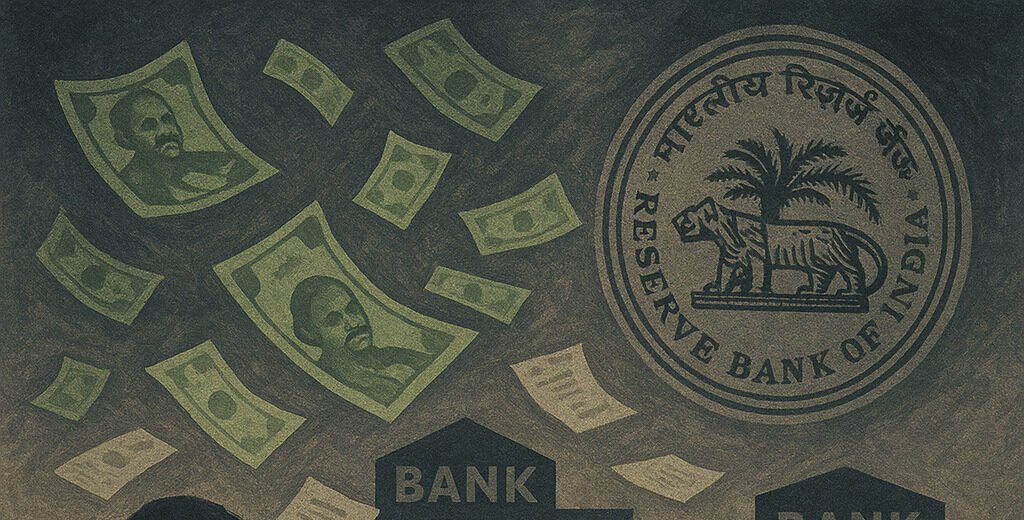Counterfeit currency amounting to ₹92,000, traced back to three banks in Agra, has reached the Reserve Bank of India (RBI). Following a formal complaint filed by the RBI, local police have initiated an investigation into what appears to be a significant lapse in the detection protocols of banking staff.
Reserve Bank Flags Issue After Routine Screening
The counterfeit notes were detected during routine verification at the RBI. Officials there found multiple denominations of forged currency bundled with legitimate deposits submitted by the three Agra-based branches of different banks. The RBI immediately filed an official complaint, triggering a police probe.
Authorities have not yet released the names of the banks involved but confirmed that the forged notes were submitted over multiple days. Investigators suspect procedural negligence on the part of the banks’ employees, whose failure to spot and intercept the fake notes has led to this lapse.
Senior police officers have stated that bank employees may face legal action under relevant sections of the IPC and banking regulations if negligence is confirmed. The possibility of internal collusion is not being ruled out at this stage.

Banking Staff Under Scrutiny as Forensic Review Begins
All counterfeit notes have been sent for forensic testing, and bank CCTV footage is being reviewed. Preliminary assessments suggest that the fake notes may have originated from retail cash deposits or ATM withdrawals that were not properly verified.
The incident has raised alarms about the efficacy of counterfeit detection systems in bank branches and the need for immediate corrective training. RBI guidelines require that all notes be scanned for authenticity at the bank level before being forwarded to the central bank.
Meanwhile, the RBI has urged all banks in the region to conduct an internal audit of recent cash deposits and review staff compliance with verification protocols.
About the Author – Anirudh Mittal is a B.Sc. LL.B. (Hons.) student at National Forensic Sciences University, Gandhinagar, with a keen interest in corporate law and tech-driven legal change.

